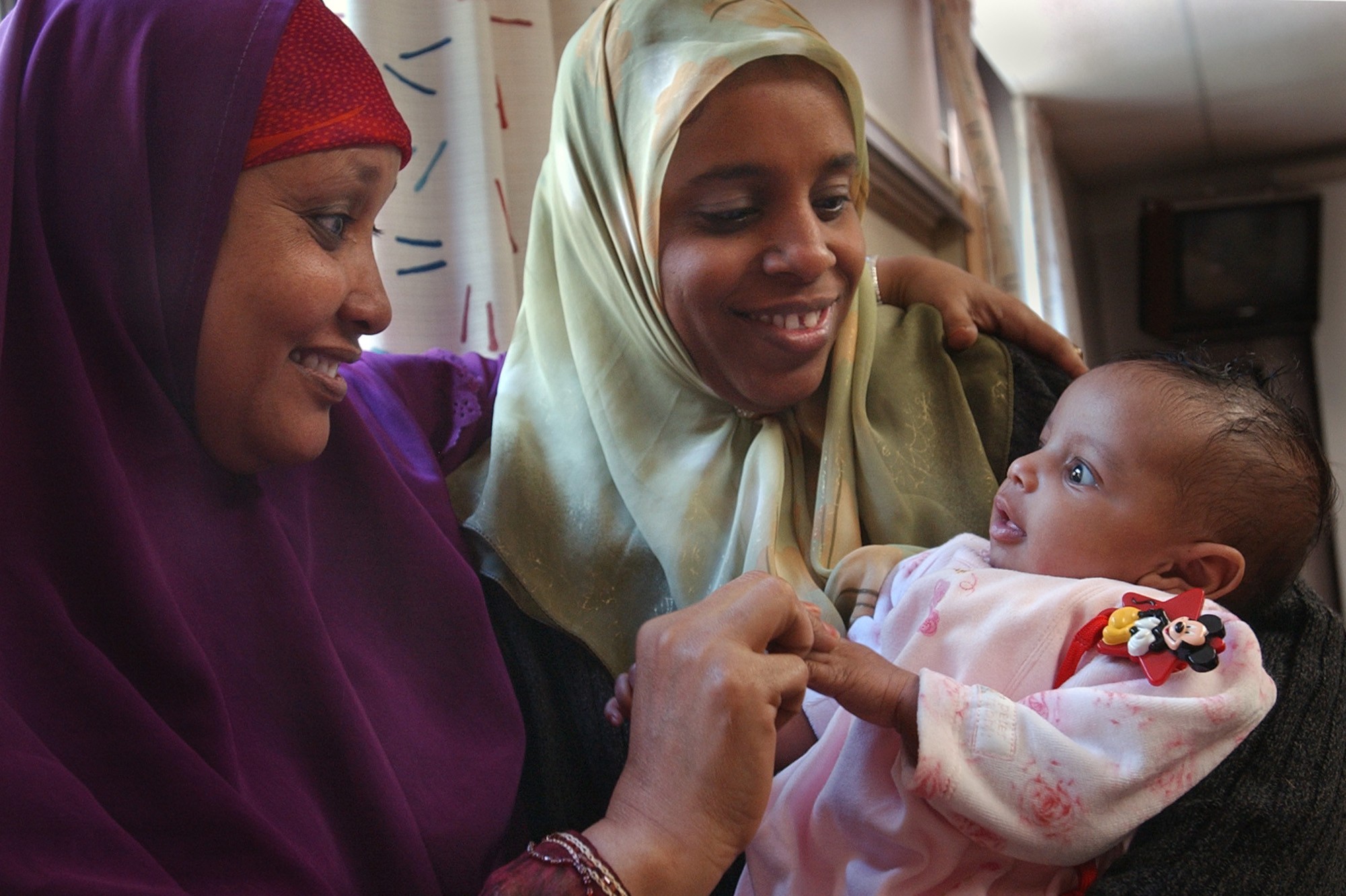Introduction and Summary
The United States is facing a maternal and infant health crisis fueled by structural racism that drives significant racial disparities in maternal and infant morbidity and mortality. Particularly affected are Black and Indigenous birthing people: Black women and American Indian/Alaska Native women are three to four times more likely than non-Hispanic white women to die from pregnancy-related causes—during pregnancy, birth, and up to one year postpartum. What’s more, Black women are twice as likely as non-Hispanic white women to experience severe maternal morbidity, or life-threatening pregnancy-related complications, which affect 50,000 women in the United States each year. While the data are mixed around maternal health outcomes for Hispanic women, studies show that particular subgroups of Hispanic women, including Puerto Rican women, experience higher rates of maternal mortality compared with non-Hispanic white women. Studies also show higher rates of severe maternal morbidity for Hispanic women compared with non-Hispanic white women.
Racism is the driving force of disparities in maternal mortality. Income and education level are not protective factors when it comes to these disparities in maternal health outcomes, further reinforcing the central role of racism in these trends. And while there is a severe lack of data around the experiences and outcomes of LGBTQ birthing people, particularly for transgender individuals, the discrimination faced by these communities in accessing pregnancy-related care, and health care more broadly, is well documented.
Now, the coronavirus pandemic has thrown the shortcomings of the U.S. health care system into stark reality. The compounding public health crises of the coronavirus and racial disparities in maternal mortality only exacerbate the strain on the health care system and the risks for those most vulnerable, particularly women of color. Pregnancy and birth do not stop during a pandemic, and neither does the maternal health crisis. Solutions put forth to reduce disparities in maternal health outcomes and improve experiences of birthing people from the communities disproportionately affected by the maternal health crisis include, but are not limited to, increasing access to doulas and midwives. Doulas and midwives are also key to supporting pregnant people and relieving the strain on the medical system during this pandemic.
Authors: Ellman, N.
Publication Date: April 14, 2020
